value of older homes
madeyna
13 years ago
Related Stories
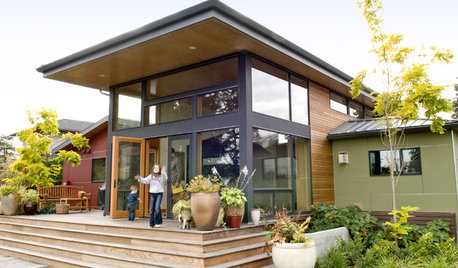
SELLING YOUR HOUSE10 Ways to Boost Your Home's Resale Value
Figure out which renovations will pay off, and you'll have more money in your pocket when that 'Sold' sign is hung
Full Story
GREEN BUILDINGInsulation Basics: Heat, R-Value and the Building Envelope
Learn how heat moves through a home and the materials that can stop it, to make sure your insulation is as effective as you think
Full Story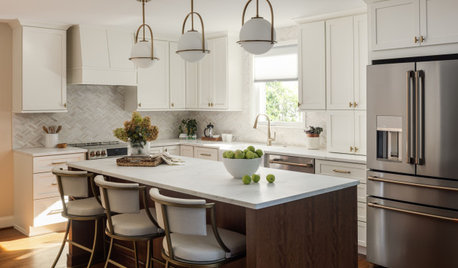
MOST POPULAR5 Remodels That Make Good Resale Value Sense — and 5 That Don’t
Find out which projects offer the best return on your investment dollars
Full Story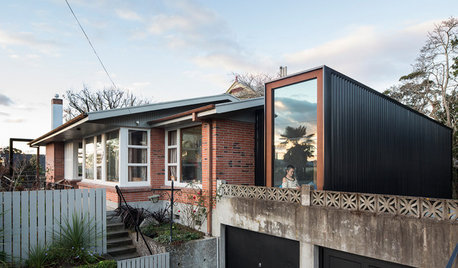
ADDITIONS7 Modern Additions to Older Homes
These contemporary add-ons go their own way as they play off the style of the original
Full Story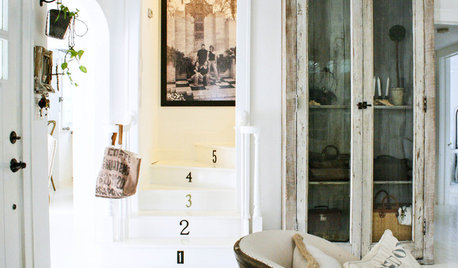
DECORATING GUIDES13 Decorating Tips for Older Homes
Preserve the personality of the past while designing for now with these tips for paint, rugs, window treatments and more
Full Story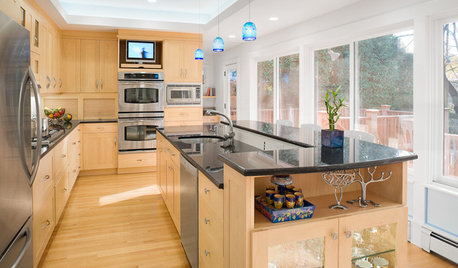
UNIVERSAL DESIGNHow to Light a Kitchen for Older Eyes and Better Beauty
Include the right kinds of light in your kitchen's universal design plan to make it more workable and visually pleasing for all
Full Story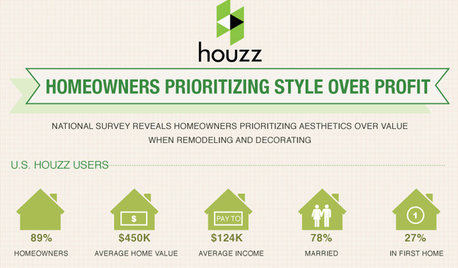
Houzz Survey: Livability Trumps Home Value
Increasing home value comes in a distant second among those planning home improvements. Many plan to do some of the work themselves
Full Story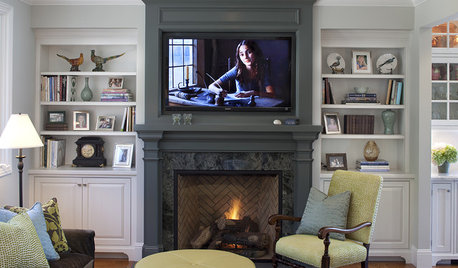
DECORATING GUIDES10 New Looks for Fireplaces in Older Homes
From updated bricks to modern art on the mantel, these ideas for the fireplace will help your older home feel young at hearth
Full Story
DECORATING GUIDESExpert Talk: Portraits Take Rooms Beyond Face Value
Adding depth and intrigue, portraits also sit well with these pro designers for putting a personal stamp on interior designs
Full Story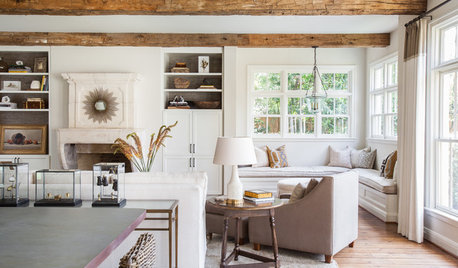
MOST POPULARHouzz Tour: Gracious Older Home Updated for a Young Family
A Texas designer lightens up and repurposes rooms, creating a welcoming space that suits this family’s casual lifestyle
Full StoryMore Discussions








OttawaGardener
western_pa_luann
Related Professionals
Charleston Architects & Building Designers · Cloverly Architects & Building Designers · Bell Gardens Architects & Building Designers · Bloomington General Contractors · Channelview General Contractors · Clive General Contractors · Hillsborough General Contractors · Lakeside General Contractors · Markham General Contractors · Mililani Town General Contractors · Palatine General Contractors · Rancho Santa Margarita General Contractors · Valley Station General Contractors · Westerly General Contractors · South Miami Heights Home StagersmadeynaOriginal Author
liriodendron
Billl
eandhl
larke
madeynaOriginal Author